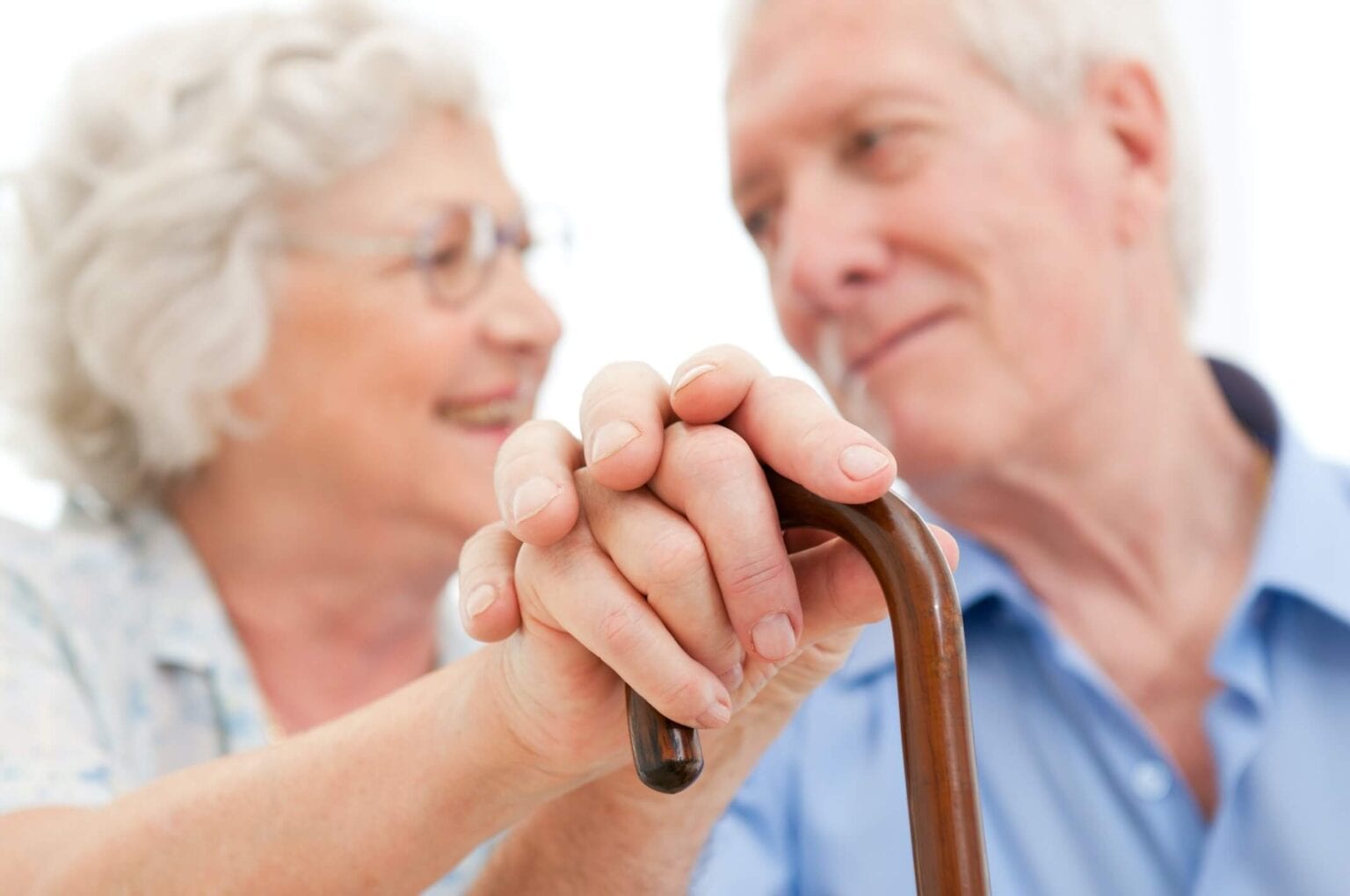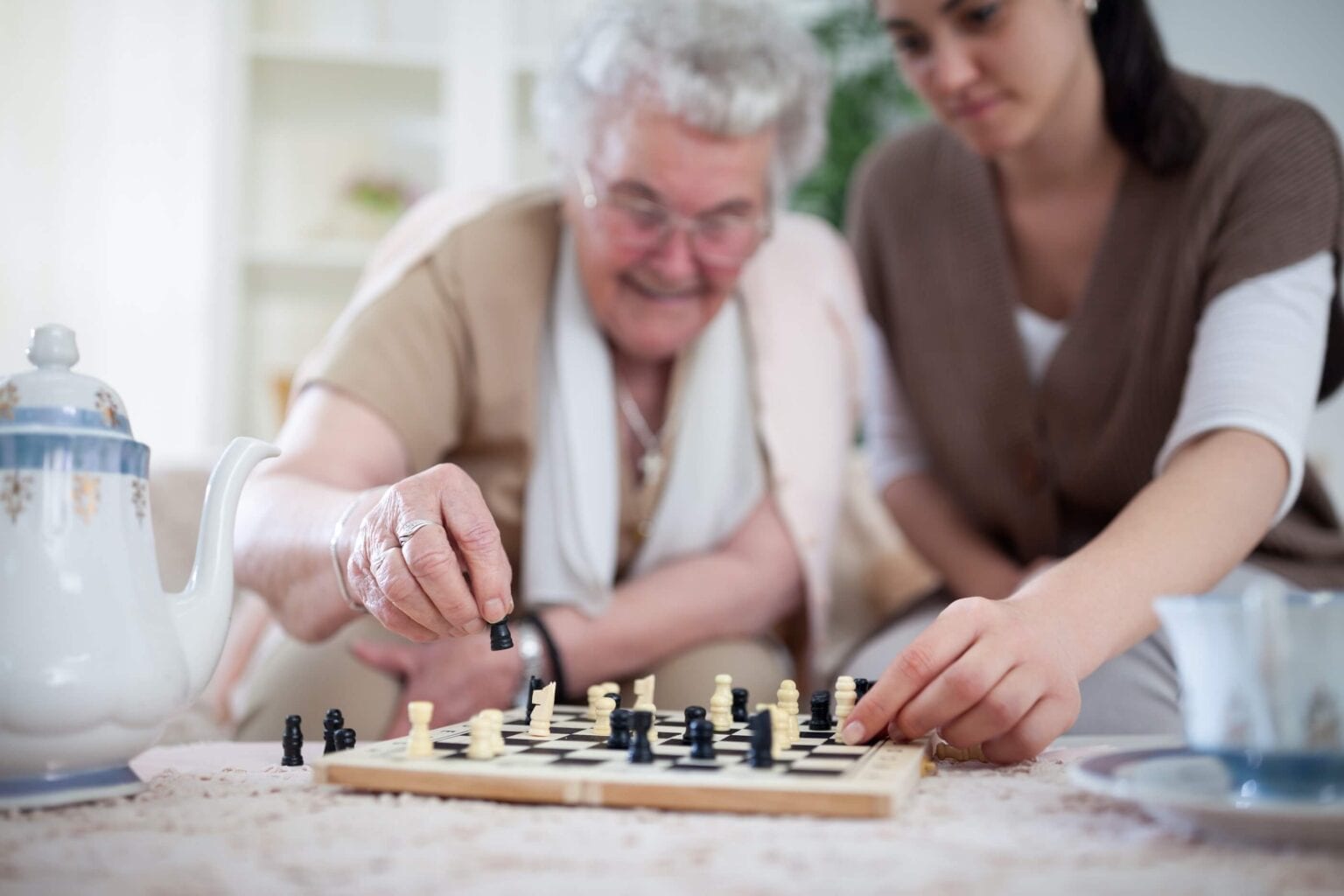A home carer offers flexible care and support in the comfort of someone’s home for an individual or a couple who need daily assistance due to illness, disability, aging, or other factors. Carers can also be involved in palliative or end-of-life care, providing comfort and dignity in the final stages of someone’s life.
What are the duties of a home carer?
Their home care duties can vary depending on the needs of the person they are caring for, but generally, carers can help with:
- Personal Care: Help with tasks like bathing, dressing, grooming, and toileting
- Mobility support: Assisting the individual with walking, transferring from one place to another, or using mobility aids
- Medication management: Ensuring that medications are taken correctly and on time
- Monitoring health: Checking vital signs (e.g., temperature, blood pressure) and observing any changes in health
- Supporting medical appointments: Helping with transportation to and from the doctor, hospital and dentists appointments
- Providing companionship: Offering emotional support, having conversations, and reducing feelings of isolation
- Encouraging social engagement: Helping loved ones stay connected with friends, family, and their community
- Light housekeeping: Assisting with cleaning, laundry and preparing meals
- Shopping and errands: Running errands like food shopping, picking up prescriptions, or handling other household tasks
- Ensuring a safe environment: Making the home environment safe by reducing hazards and ensuring the person is not at risk of falls or accidents
- Taking care of Pets: Carers will help look after your pet, by feeding, walking and vet visits.
What medical conditions can carers assist with?
Carers can assist individuals with a wide range of medical conditions, but the level of care they provide depends on the specific needs of the individual. Some medical conditions require more specialised medical care, but carers can still provide vital support to help manage these conditions.
Here are some examples of medical conditions that carers can assist with:
What are carers NOT allowed to do?
There are limits to what home carers can legally and ethically do. Some tasks and actions are outside the scope of their role. Here are some things carers are generally not allowed to do:
- Administering invasive treatments: Carers are not registered nurses and are not allowed to perform medical procedures, such as administering injections and inserting catheters
- Household maintenance, including DIY, is also beyond your carer’s remit (however they may be able to help you find someone who can)
- Maintenance of specialist clinical equipment and heavy lifting of any kind
- Carers aren’t trained hairdressers, so they can’t trim hair
- Gardening
- Cutting toe nails.
Our in-home care services can significantly improve the quality of life for elderly individuals or those living with medical conditions. Carers provide invaluable assistance with daily living tasks, emotional support, and healthcare monitoring.
Call us today to discuss how we can help on: 0800 138 4030 or email: [email protected]
Schedule a free assessment
Get in touch to speak with our care team about your ideal care plan.



